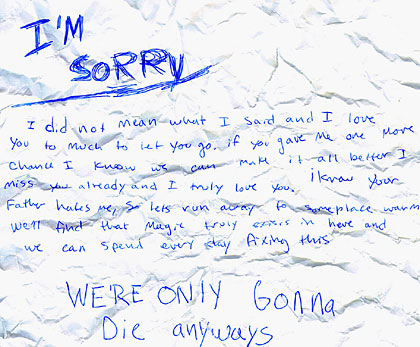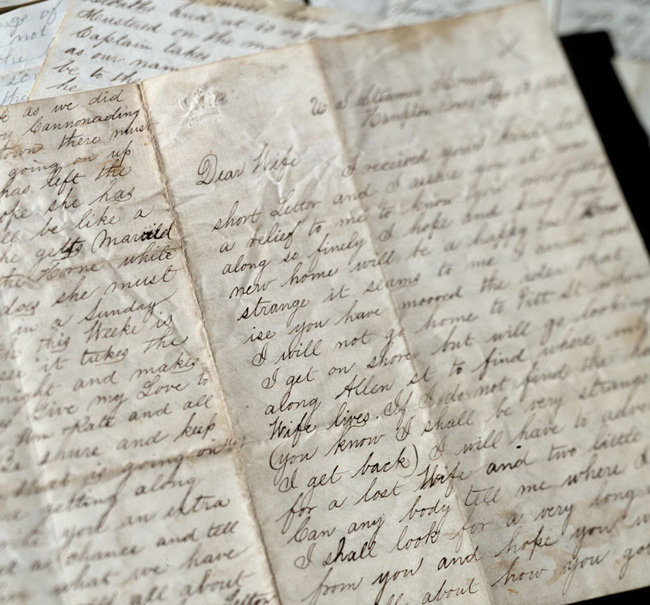
Letters to people in power do have an effect. Ask any politician. These letters should be
- Concise. Put the heart of your message at the very beginning of the letter.
- Unemotional. Don’t carp or bluster. State your position and the reasons for it with as little emotion as possible.
- Identifiable. Say whom you represent. You may be speaking for a group or organization, or you may be writing as a father, businessman, or just concerned citizen.
Dear Senator Fulton:
I am writing to oppose the proposal to drain the wetlands in the Westphalia section of your district. As you know, wetlands are a critical part of the ecosystem in that area. Draining would not only damage the environment there, but would bring in the sort of development that would put great strain on the area. I am writing as a resident of Westphalia, as well as someone concerned about the dangerous erosion of the environment through overdevelopment.
I hope you will vote no on SB 188 when it comes before your committee.
Yours truly,
Elizabeth Gordon
You can be even more terse when writing to the White House. The president almost certainly will not see your letter. However, staff people keep a careful tab on how many people are writing with opinions on each issue, and these tabulations are passed along to the president.
Dear Mr. President:
I strongly oppose the idea of sending American troops to Bolivia. In fact, I oppose military intervention in the affairs of any nation in the Americas.
Sincerely,
Robert Anderson
I am writing to oppose the proposal to drain the wetlands in the Westphalia section of your district. As you know, wetlands are a critical part of the ecosystem in that area. Draining would not only damage the environment there, but would bring in the sort of development that would put great strain on the area. I am writing as a resident of Westphalia, as well as someone concerned about the dangerous erosion of the environment through overdevelopment.
I hope you will vote no on SB 188 when it comes before your committee.
Yours truly,
Elizabeth Gordon
You can be even more terse when writing to the White House. The president almost certainly will not see your letter. However, staff people keep a careful tab on how many people are writing with opinions on each issue, and these tabulations are passed along to the president.
Dear Mr. President:
I strongly oppose the idea of sending American troops to Bolivia. In fact, I oppose military intervention in the affairs of any nation in the Americas.
Sincerely,
Robert Anderson



 The congratulation letter is one of the easiest and happiest of letters to write. It is also the sort of letter that a family may keep for years.
The congratulation letter is one of the easiest and happiest of letters to write. It is also the sort of letter that a family may keep for years.





